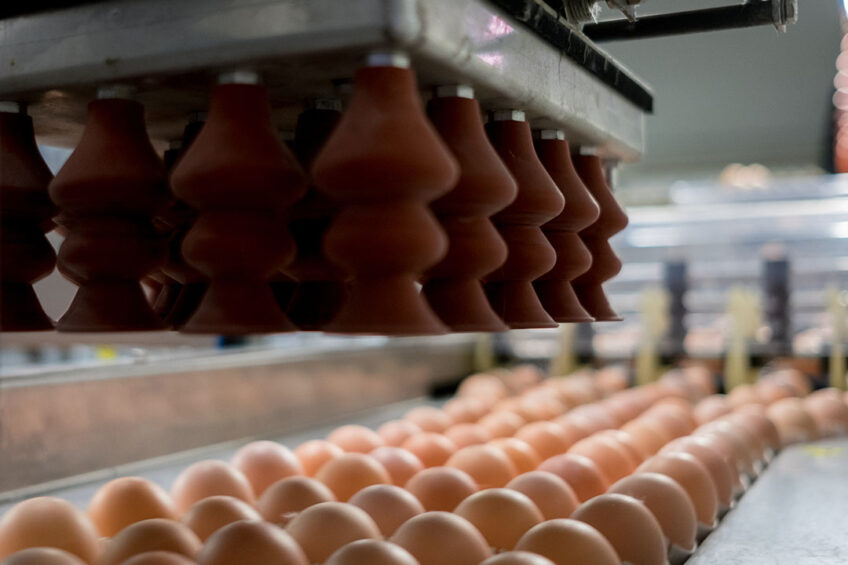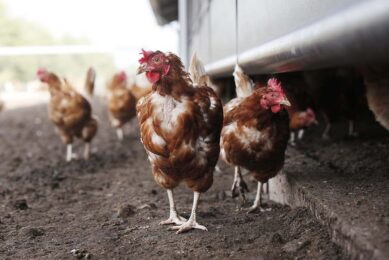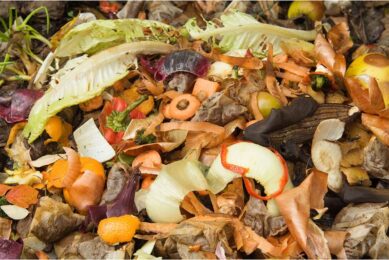Kazakhstan egg companies complain about dwindling profitability

Large egg farms in Kazakhstan struggle to make a profit now they have to sell eggs below the production costs. Reason for the glut in supply is seasonal production growth and a rise in egg smuggling from neighboring Russia, the agency for the Protection and Development of Competition said.
Seasonal price fluctuations are common in Kazakhstan’s egg industry. Traditionally, thousands of backyard farms begin selling eggs to customers during this time of the year, the agency explained. Eggs jump in prices by winter when the production in the backyard segment narrows. “To alleviate the problem of market oversaturation during the summer season, the Egg Producers Association is asking to open export markets, including China,” the agency said. The industry experienced a temporary oversupply when all key export markets were closed following several bird flu outbreaks.
Prices soar, but still low
Despite the oversupply, the retail price of eggs increased by 30.4% over the past year, which was the strongest increase during the past decade. The sharp rise in 2020 was associated primarily with production disruption caused by avian influenza in Kazakhstan, the Union of Poultry Producers said. It was estimated that Kazakhstan culled almost 1.5 million birds between October and November.
Maxim Bozhko, president of the Kazakhstan Union of Poultry Producers, estimated that the production costs per egg climbed to 30 tenges ($ 0.07). However, most farms had the agreed selling price standing at 17 tenges ($ 0.04) per egg. “The summer drop in domestic demand is exacerbated by the inflow of gray imports from Russia when eggs are supplied at dumping prices. Eggs are sold through small entrepreneurs, wholesalers in bazaars, and transported across the border without paying taxes or VAT,” the agency said.
Shrinking state aid
Bozhko is eying state aid as a solution. ‘’ Every year we ask the state to consider the possibility of allocating capital to poultry farms for the purchase of feed, but so far, this was in vain.” In addition, poultry farmers asked the government to subsidize poultry vaccination against AI and return subsidies allocated 3 tenges ($ 0.007) per produced egg. Since 2020, this subsidy has been halved, and since 2022, government subsidies for the production of chicken eggs are planned to be completely canceled. The Union of Poultry Producers warned this could significantly worsen the average profitability in the industry.
Join 31,000+ subscribers
Subscribe to our newsletter to stay updated about all the need-to-know content in the poultry sector, three times a week. Beheer
Beheer








 WP Admin
WP Admin  Bewerk bericht
Bewerk bericht